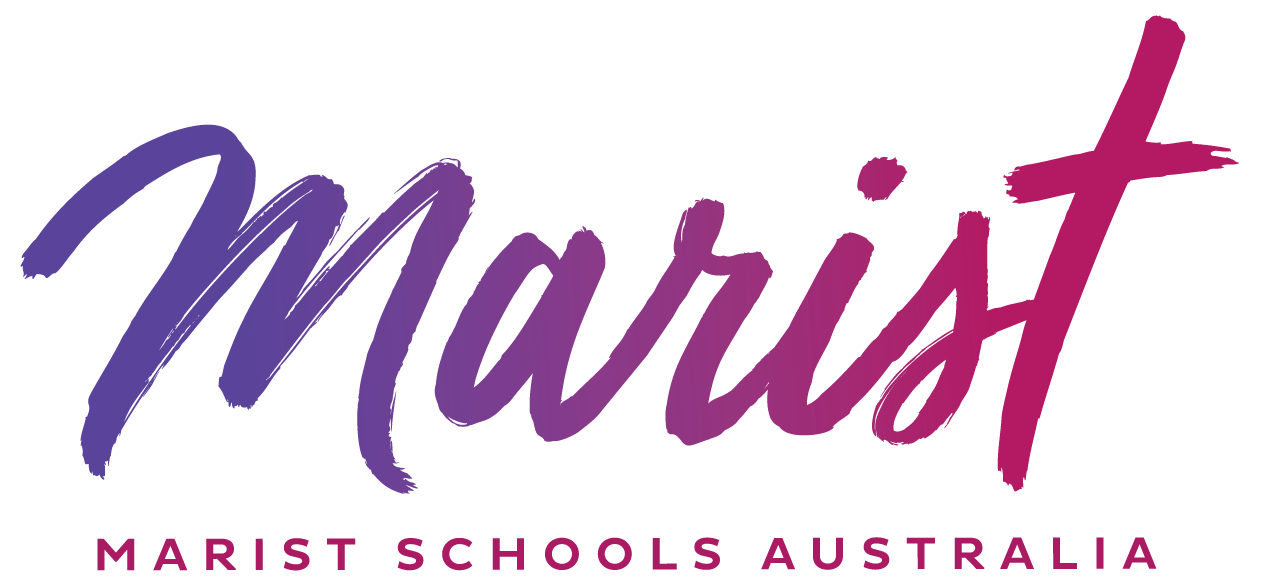Newsletter 9: 25 July 2023
Dear Colleagues,
Beacons of hope
As we commence the second Semester of the 2023 academic year it is timely to reflect on the profound influence of the teacher. Many students conclude Semester I with a sense of incompleteness or dissatisfaction having reviewed with their parents and teachers progress during Terms 1 and 2. Whilst much work and effort would have been affirmed through Semester 1 reports and parent teacher interviews, it is natural for students to ruminate on the areas noted for improvement. In these first weeks of Semester II, the teacher is well positioned to reset the hopes and aspirations of their students in a most positive way. As Marist educators, our emphasis on presence with our students is manifested in a host of professional behaviours. Knowing our students is fundamental. Constant encouragement, informed regular feedback on learning, and a joyful disposition are all essential in ensuring the teacher is a trusted beacon of hope, firing the imagination of the students to bold and audacious achievement. The enthusiasm of the teacher is vital and infectious, remembering the word in Greek means “God filled”.
Earlier this month, the Federal Minister for Education Mr Jason Clare issued a consultation paper titled Review to Inform a Better and Fairer Education System, a key step in the process of creating the next National School Reform Agreement. The National Catholic Education Commission is coordinating a response to this important consultation from Catholic Education Authorities, Principals, and teachers across Australia. The paper focuses on five key issues considered crucial in building a better and fairer education system in Australia.
- Improving education outcomes
- Supporting student health and well being
- Supporting and retaining teachers
- Improving data collection and use
- Improving transparency and accountability around funding
The issues are well researched, interdependent, and fundamental to the future of Australian education. Chapter 4 concentrates on “Current and future teachers”, exploring a range of issues pertinent to the teaching profession. It is clearly preeminent among the considerations presented in the paper. Significant throughout that key Chapter is the repeated use of the word “profession” and the absence of the word “vocation”.
In Catholic schools we speak often of the vocation of the teacher, the sense of being called by God to teach. Many of our colleagues in State and other non-government schools feel strongly their vocation or call to teach. The distinction for every Catholic school is its foundation on the person of Jesus Christ. It is this vocation that we Marists seek to nurture with one another through formation, prayer, and reflection. In supporting and retaining teachers, we must continually share, revitalise, and renew our vocation as we strive to be “God filled” teachers and leaders, inspiring our students to courageously explore their potential and achieve.
As we commence the second semester with our students and contribute to the national discourse on improving school education, may the following reflection provide some inspiration.
“Teaching has an extraordinary moral depth
and is one of man's most excellent and creative activities,
for the teacher does not write on inanimate material,
but on the very spirits of human beings.
The personal relations between the teacher and the students,
therefore, assume an enormous importance
and are not limited simply to giving and taking.
Moreover, we must remember that teachers and educators
fulfil a specific Christian vocation and share an equally
specific participation in the mission of the Church,
to the extent that it depends chiefly on them
whether the Catholic school achieves its purpose"
The Catholic School on the Threshold of the third millennium
